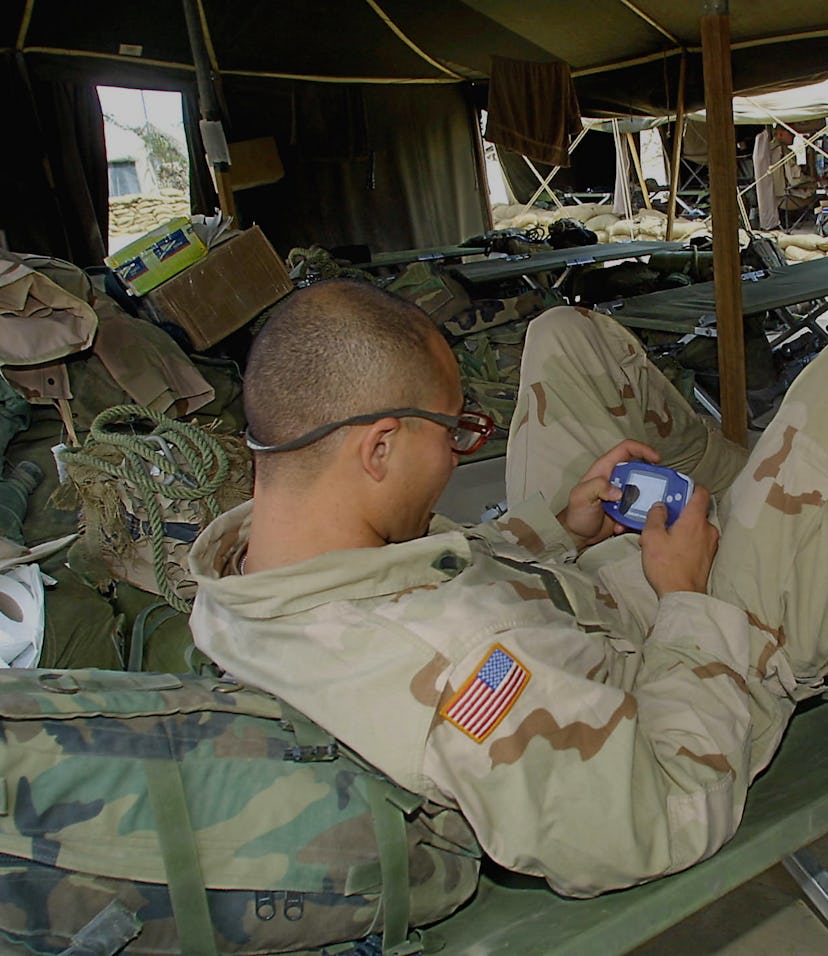Culture
U.S. Army wants big mean Twitch trolls to go away so it can keep trying to impress kids
The American Civil Liberties Union says banning users for asking questions about American war crimes is a violation of their right to free speech.

If you have any questions about American imperialism and the destruction brought on by multiple wars, you'll have to take them off Twitch. According to Vice, the game streaming channel for the United States Army's esports team seems to prefer aggressively recruiting users over answering their legitimate questions about war crimes.
The report discusses the case of an activist named Jordan Uhl who raised awareness about the user bans and asked the military's main esports Twitch channel about possible war crimes in foreign missions. The activist's curiosity landed him a ban and now the American Civil Liberties Union (ACLU) is weighing in on the matter, calling it a possible violation of Uhl and others' First Amendment rights.
ACLU says you can't pick and choose — The organization's staff attorney for speech, privacy, and technology, Vera Eidelman, told Vice that the United States Army does not have the right to select who gets to issue their opinions on a public forum and who doesn't. Uhl told the outlet that "sure, at a base level, it's trolling" but that "it was interesting that [The Army is] being aggressive with removing any incidences of U.S. war crimes in what is essentially a recruiting tool for the military."
To Uhl and others, the ban is a direct attack on their right to freely express their opinions and questions. "If the Army wants to recruit with these modern tools and these modern platforms that are widely used by young susceptible kids, young, impressionable kids, the kids have at least a right to know what the military does and has done," he told Vice.
Twitch as a recruitment tool — Over the past decade or so, the United States military's mode of recruitment has undergone considerable sophistication. The jingoistic appeals made to audiences — through text, audio, and video — have gotten more covert and tacit, embedded in video games and streams.
This is particularly obvious when you consider the case of the United States military announcing misleading giveaways on Twitch to users as young as 13 years old. A sizable portion of this recruitment tactic, according to Uhl, involves taking advantage of young gamers' economic, citizenship, and personal stability statuses, which are often volatile. Users who call the military out for exploiting these extremely personal situations are banned, Uhl wrote in The Nation.
For its own part, in a predictable fashion, a representative for the United States military told Vice that while it respected Twitch's public forum rules — which includes letting users voice their opinions — it did not allow the "harassment" of American soldiers. Uhl rejects this description as false.
It's unclear what happens now but Uhl and the ACLU could go forward with a possible legal route to see whether the military violated the First Amendment. "The government cannot constitutionally prohibit speech on the basis of viewpoint," Eidelman warned. "And it looks like that's exactly what it did here."